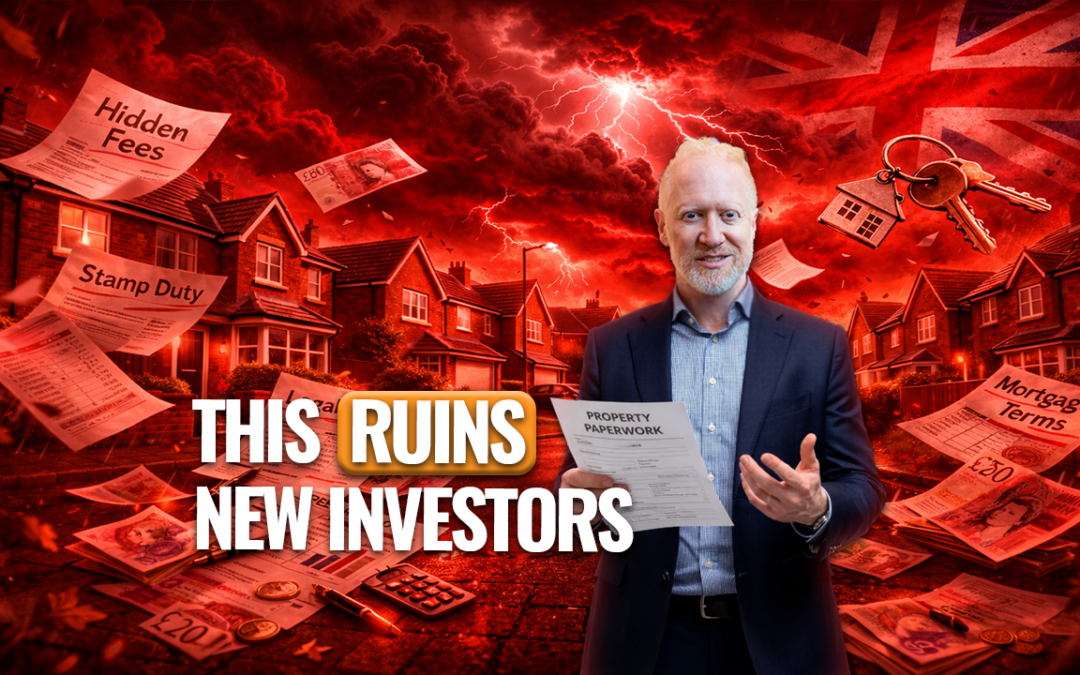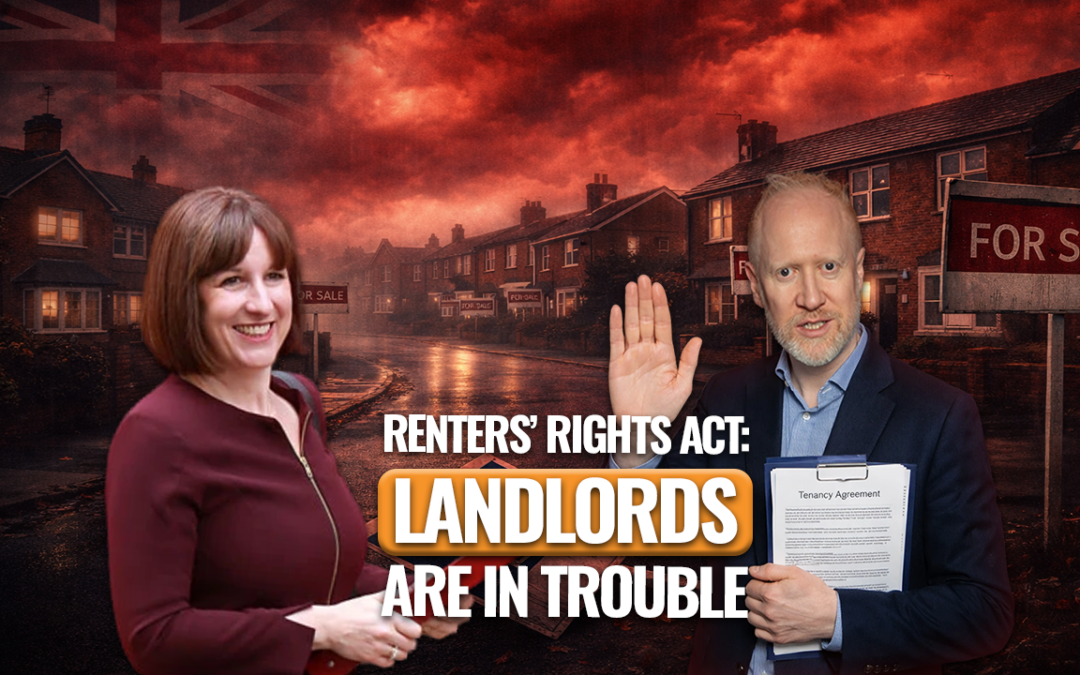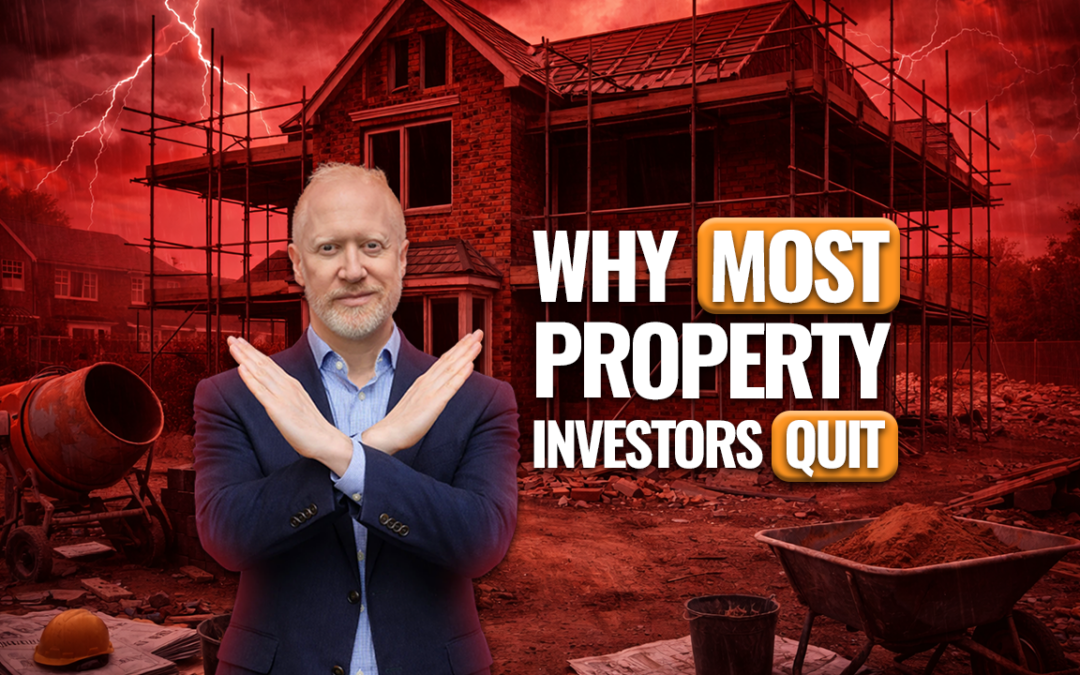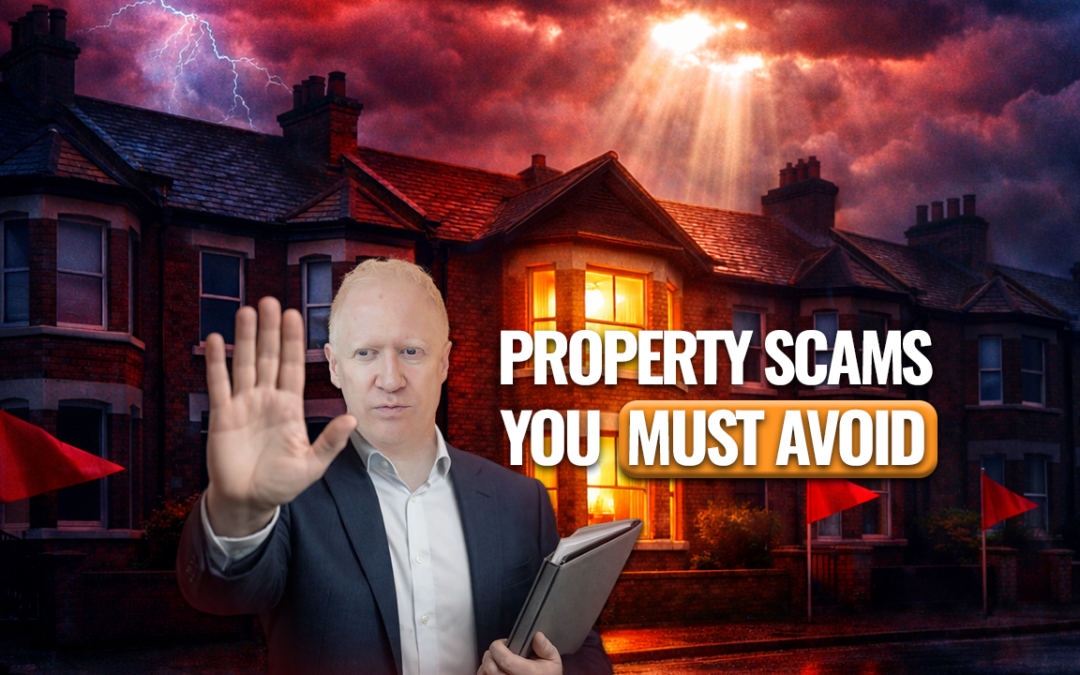The UK property crisis in 2025 is impossible to ignore. Rising rents, tighter legislation, and large-scale purchases by institutional investors have led many to believe that UK property investors are finished.
But is it true? Or is there a bigger opportunity hiding in plain sight?
In this blog, we’ll unpack what’s really happening in the UK housing market, why so many landlords are selling up, and how educated investors can still thrive in a market dominated by corporations and policy changes.
Why Are Big Corporations Buying UK Property?
You’ve probably seen headlines or social media posts claiming that hedge funds, pension schemes, and overseas investors are buying everything, entire housing estates, new-build developments, and large blocks of rental property.
There’s some truth to this. Build-to-rent schemes and corporate landlords are expanding quickly. According to ONS data, institutional buyers now own a significant share of newly built rental homes in the UK.
But here’s the reality: this isn’t the end of opportunity for individual investors. It’s just the start of a new game.
The Real Reason Behind the UK Property Crisis
The current property crisis isn’t just about corporations buying up homes. It’s the result of multiple pressures converging at once:
-
Renters Reform Bill adding new responsibilities for landlords
-
Section 24 tax changes reducing profitability
-
Interest rate rises making mortgage finance more expensive
-
Energy efficiency rules requiring costly upgrades
Put simply: many landlords, especially accidental or hands-off ones, are selling up.
This is creating a flood of off-market, discounted opportunities. But these deals won’t go to just anyone. They’ll go to investors who understand how to add value, structure flexible terms, and offer solutions to motivated sellers.
Are Small Investors Being Pushed Out?
At first glance, it may look that way. But the truth is more nuanced.
While institutional investors are focused on large portfolios and long-term rentals, they’re not targeting the same properties or strategies as most private investors. Most large firms want scale, compliance, and predictability.
What they’re not doing is:
-
Negotiating directly with motivated sellers
-
Buying properties with creative finance or vendor terms
-
Converting HMOs or splitting titles
-
Using lease options or assisted sales
This is where small investors still have the edge.
If you’re educated, agile, and proactive, you can find opportunities the big guys will never touch because they’re not looking for them, and wouldn’t know how to structure the deals anyway.
Why Landlords Are Selling And What That Means for You
A lot of long-time landlords are leaving the market entirely.
For some, the paperwork and compliance have become too much. For others, rising costs and taxes have squeezed margins to the point where selling up feels like the only option.
But when these landlords want to sell, they don’t always want the hassle of an estate agent or a public listing. Many want a quick, quiet sale and are willing to offer a discount or flexible terms.
That’s where educated investors come in.
If you know how to solve sellers’ problems and structure creative deals, you can acquire great properties without needing deep pockets or expensive finance.
What You Can Do as a UK Property Investor in 2025
Despite the challenges, this is still one of the best times to invest in UK property, if you know how.
Here’s how to stay ahead:
-
Educate yourself on advanced investing strategies like lease options, title splitting, and vendor finance
-
Focus on motivated sellers, not Rightmove or Zoopla listings
-
Join a property network to stay plugged into what’s working in the current market
-
Stay calm and long-term focused. The media loves a crisis, but opportunity lies underneath the headlines
Conclusion: Are UK Property Investors Finished?
Not at all.
Yes, the landscape is changing. Yes, big corporations are playing a bigger role. But no, UK property investors are not finished.
The truth is, the market is simply evolving. And those who evolve with it, those who are willing to learn, take action, and adapt, will find more opportunity than ever.
The UK housing crisis in 2025 isn’t the end of investing.
It’s your chance to step up, stand out, and succeed.











